Dry skin is a very common condition, and the medical term for it is xeroderma.
Because of xeroderma, your skin can have a rough texture because of inadequate moisture. Xeroderma can lead to xerosis, which means severely dry skin. Dry skin can feel like rough patches that can look scaly and may also flake.
Severely dry skin can also crack and bleed. Dry skin treatment is essential.
Some common types of dry skin
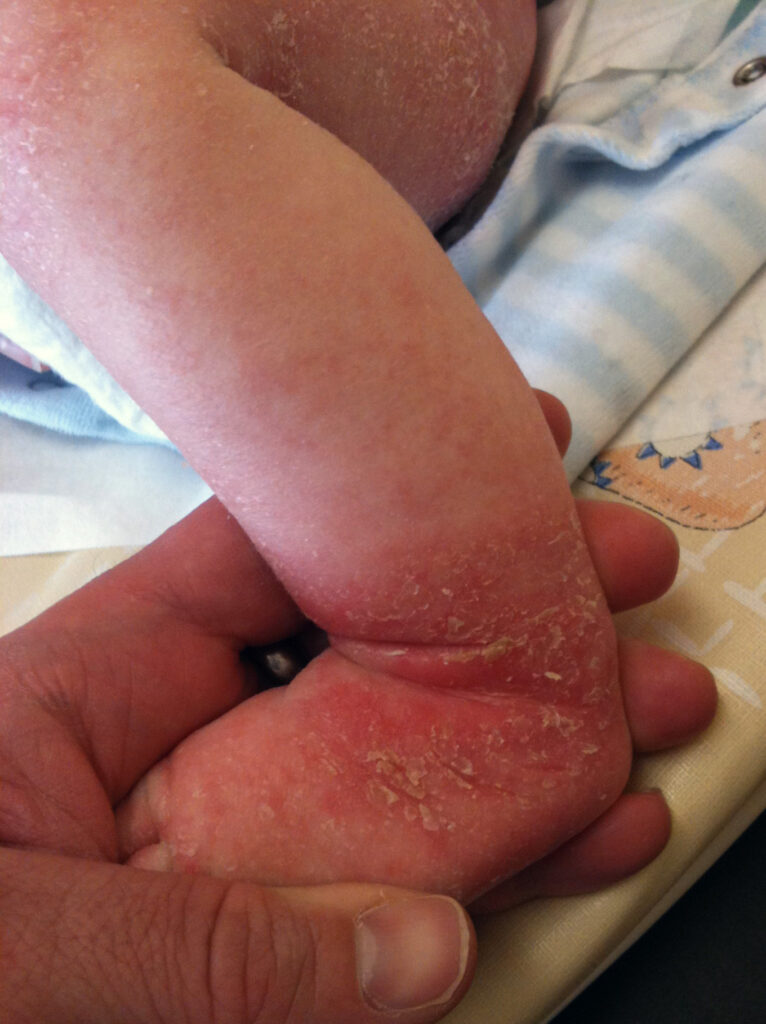
Contact dermatitis
It is a rash which is itchy and is caused by direct contact of the skin with a substance or any sort of allergic reaction to it. This rash is usually not contagious, but it can be quite uncomfortable. A lot of substances can cause this sort of reaction, such as fragrances, cosmetics, jewellery, plants, etc.
Seborrheic dermatitis
It is a very common type of skin condition that mainly affects ones scalp. It causes flaking of skin, scaly patches, inflammation and stubborn dandruff. It also affects the area around your nose, chest, elbows, ears and eyelids.
Eczema
Eczema is a skin condition that causes patches of the skin which are dry and itchy.
Athlete’s foot
It is an itchy and scaly rash which is contagious and may spread via contaminated floor, clothing, shoes, etc.
Everyone encounters dry skin at some point in life.
What puts you at a greater risk of getting dry skin?
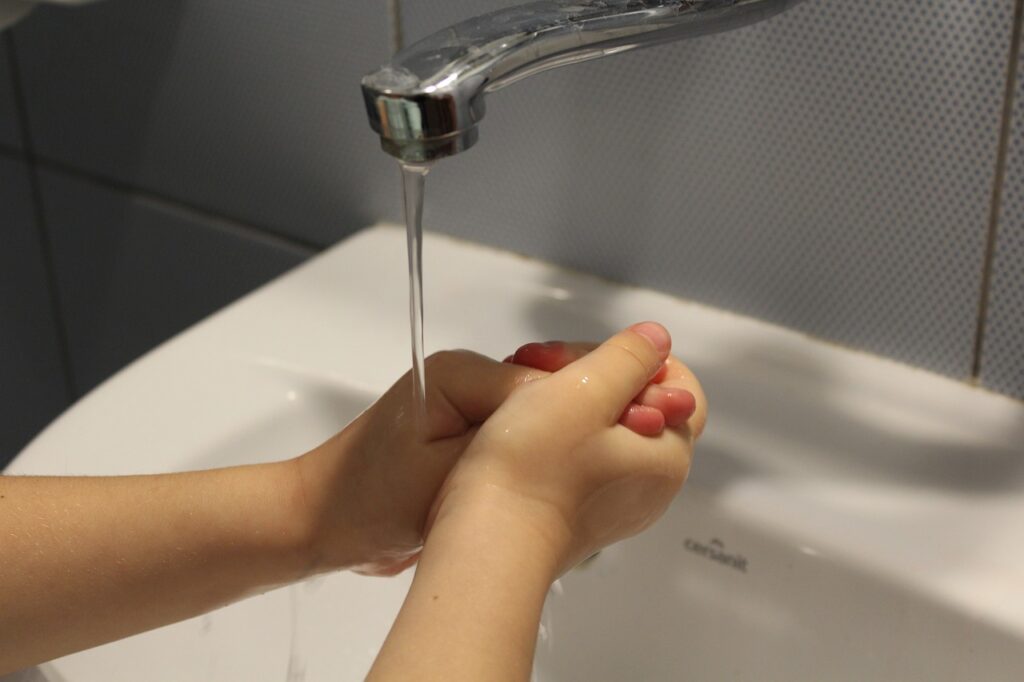
Live in a cold or dry climate
Wash hands very frequently
Work outside often
Advance age (65 or above)
If you Have some other health conditions, like infections or allergies,
Dry skin usually changes the texture of your skin from being too soft to being to rough.
This can sometimes feel itchy too. Severely dry skin is more fragile and may flake, crack, and turn into a painful sore. There are multiple ways in which prevention and dry skin treatment can become easier for you.
What are the common symptoms and sites of dry skin?
Common symptoms of dry skin
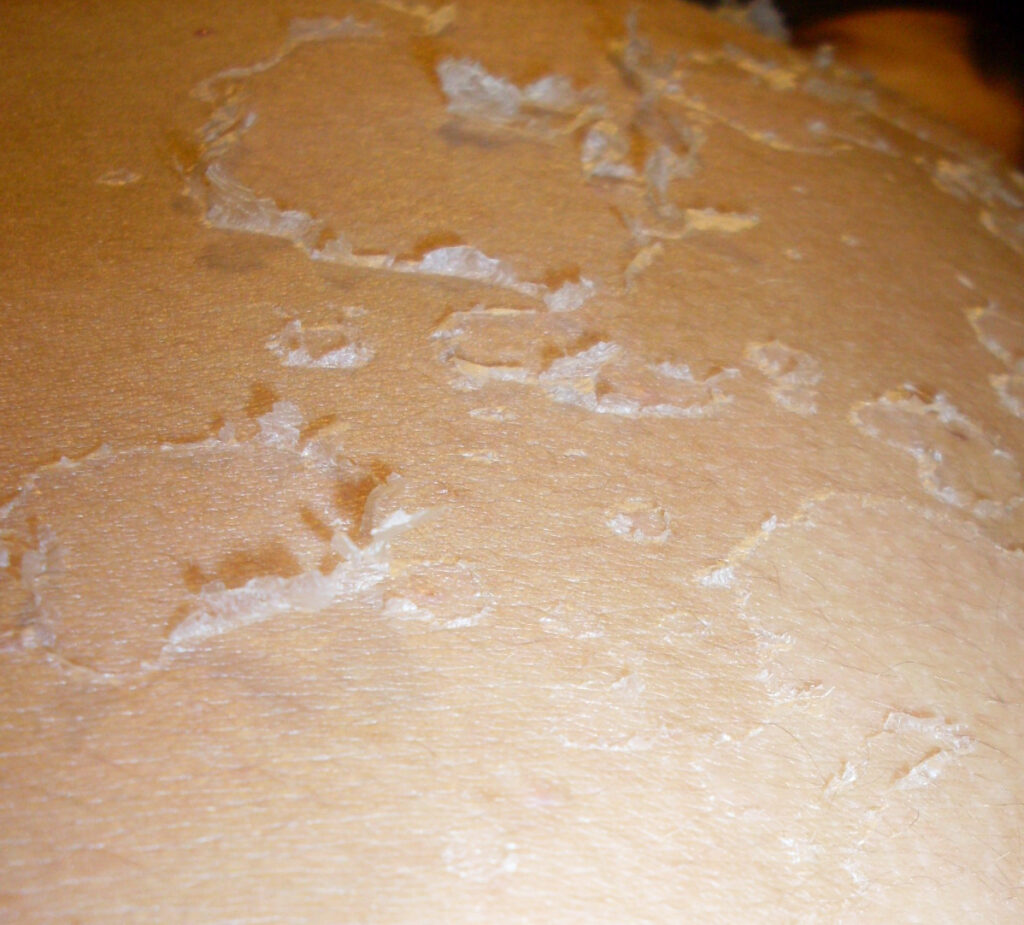
- Itching
- Cracks
- Roughness
- Flaking
- Tightness
- Scaling
- Swelling
- Change in colour from your normal skin tone.
Common sites of dry skin
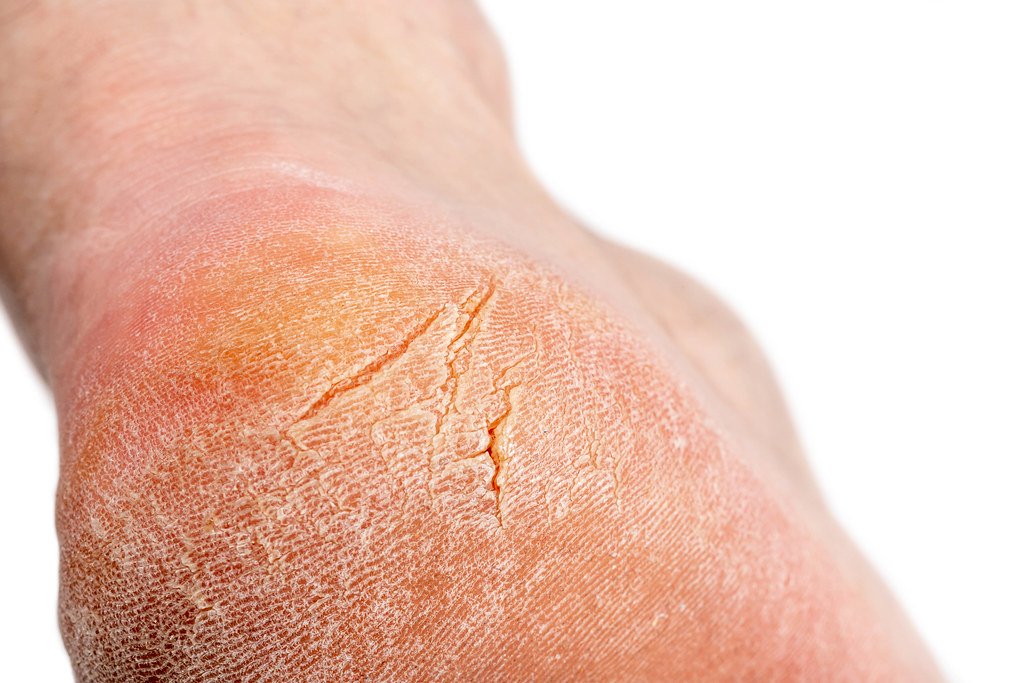
- Hands
- Face
- Feet
- Elbows
- Genitals
- Area around your mouth
What really causes your skin to dry?
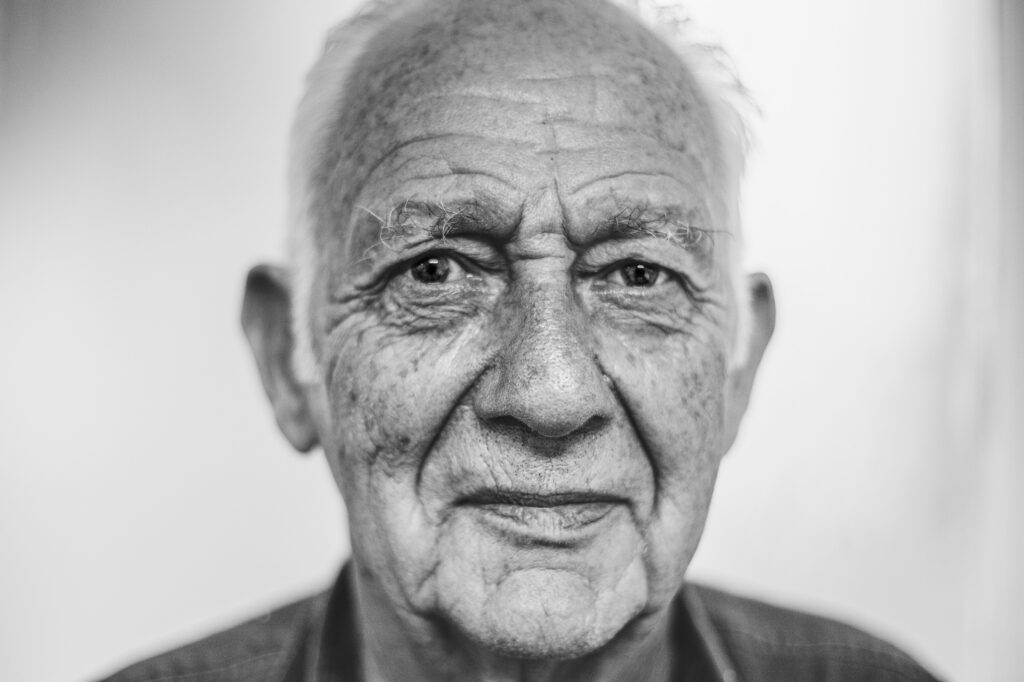
Age
In the process of aging, the skin’s oil-producing glands dry up, which causes collagen and fat in the skin to also dry and lead to thinning of the skin.
Climate
Cold climates with heavy winds and climates that lack humidity affect your skin’s hydration.
Heat
Central heating or exposing your skin to fire places for too long.
Hot water
Too much bathing or scrubbing with hot water and harsh soaps.
Health conditions and genetics
Some health conditions that lead to dry skin are eczema, diabetes, kidney disease, and allergies.
How can you manage dry skin?
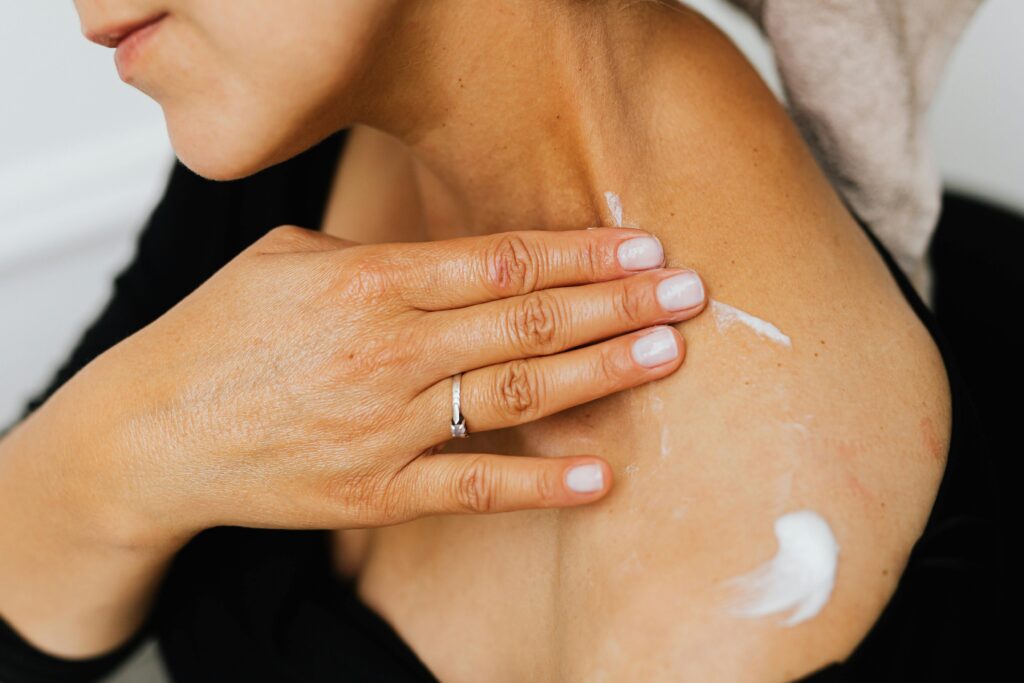
Dry skin treatment and management are not very complicated and can be really helpful if one maintains the routine.
Dry skin is usually harmless and causes temporary discomfort.
Management and dry skin treatments focus on bringing moisture back and rehydrating your skin.
Using moisturisers
Moisturisers are a game changer in dry skin treatment.
They act by soothing and softening dry skin, preventing cracking, and rebuilding your skin’s natural barrier.
The best times to apply a moisturiser are
After a shower or a bath when the skin is damp.
Before bed at night.
In the morning, after you wake up,.
Protection from sun damage
Using a sun protection formula religiously. Wearing a sunscreen containing peptides and ceramides can be really helpful in dry skin treatment.
Medication
For skin that’s extremely dry, itchy, and prone to cracking, you should always consult a dermatologist. Your dermatologist may prescribe a dry skin treatment to you according to your skin’s requirements.
You should certainly avoid foods and drinks that can cause dehydration and hamper the dry skin treatment you might be on.
For example alcohol, sugar, slat, etc.
Dry skin can be an indicator of another serious health condition, like diabetes or kidney disease.
How can I prevent my skin from drying?
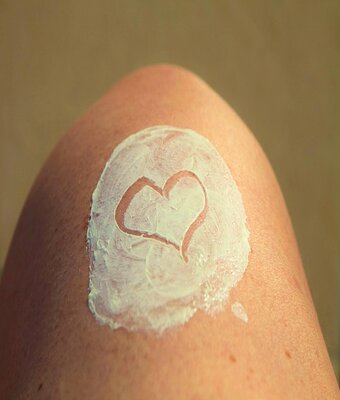
- Drinking plenty of water and keeping your skin hydrated is the key to dry skin treatment.
- Using a mild, moisturising, soap free cleanser.
- Avoid hot water showers.
- Managing stress.
- Minimising sun exposure.
- Moisturising skin religiously.
- Avoid smoking, as nicotine dries up your skin, and drinking alcohol.
- Patting dry your skin with a soft towel.
- Preventing dehydration.
- Don’t delay visiting a dermatologist if your skin condition is not improving.
Want to read more like this one? Visit the HomePage

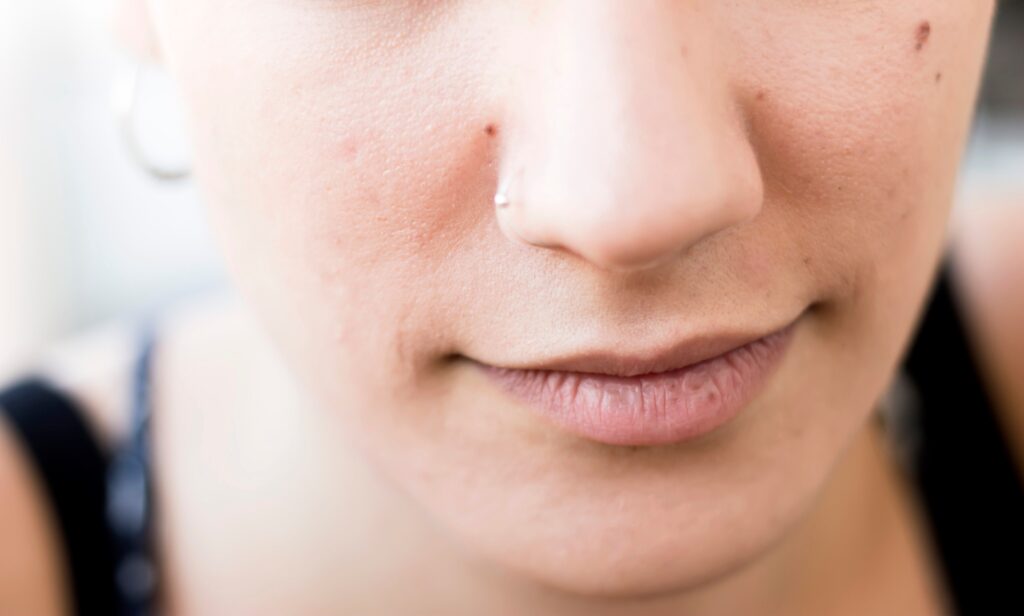


Excellent article ✨✨
Thank you.
Very helpful and good read!
Thank you Munawar.